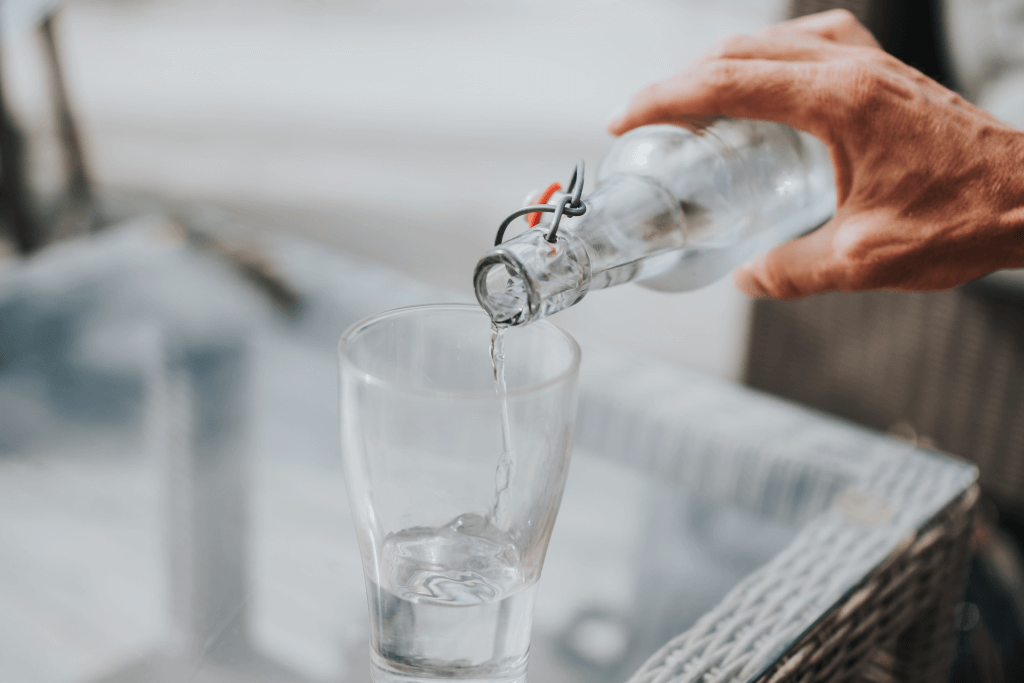It’s easy to assume that the water produced in your home is safe to drink,
but the sad truth is that this isn’t always the case. You should test your
water regularly, whether your home is supplied with water from a well or
from the city.
The best way to ensure that the water you use at home is safe is to test it
at least once a year. The importance of testing and the positive results you
can get from it are explained below.
What is Water Testing?
Water is tested to ensure that it meets regulatory requirements and that all
safeguards for contaminant-free water are met. The analysis and evaluation
of water quality is done using a variety of methods as part of this
all-encompassing approach.
Testing water sources is necessary for everyone who is affected by water
industry. To protect us from the health risks associated with drinking
chlorinated water, government agencies and homeowners alike are working to
control the quality of the water.
To ensure that water is secure, free of environmental risks and potential
health issues, testing must be done frequently, whether it is used for
commercial, agricultural, domestic, or other purposes by public
municipalities or by individual homeowners.
How to Test Your Water?
A water test performed by a licensed water expert is a good way to find out
what is in your water. A water test allows a water expert to examine the
water right after it comes out of the faucet or tap at the source. A water
expert will take water samples from your source and perform various tests in
your home. You will receive a thorough water analysis and a recommendation
for a water treatment method to address any water problems indicated by the
test results.
Numerous do-it-yourself (DIY) water test kits are available at affordable
prices. Some of these test kits allow you to test water at home with test
strips, while others require you to fill a vial and send the water to a lab
for a more thorough analysis. Although they often detect common water
contaminants, do-it-yourself test kits do not always provide a thorough
analysis of the water.
Benefits of Water Testing
With a water test, you can determine not only if your water is drinkable,
but also if there are common problems that may be unimportant, but still
affect the taste and quality of your water. Hardness, pH, and the presence
of sulfur, which can cause a rotten egg smell throughout the home, can all
be considered.
If you want to clean and improve the quality of your water, it is much
easier to choose the water filter and filtration system that best suits your
needs if you know what kind of water you have. Click to learn more about
various
RO water filters.
What Do Water Tests Measure?
The water is tested for impurities. In addition, any physical, chemical,
biological, or radiological substance in the water is considered a
contaminant.
Any substance that changes the physical properties or appearance of the
water is considered a physical contaminant, such as the organic or
sedimentary material in lakes, rivers, and streams.
Chemical contaminants are defined by the United States Environmental
Protection Agency (EPA) as substances or elements. They can be man-made or
created by nature. Other examples include pharmaceutical toxins, metals,
pesticides, and nitrogen. Biological contaminants are thought to include
bacteria, viruses, protozoa, and parasites.
Last but not least, radiological contaminants are defined by EPA as chemical
elements with an unbalanced proton and neutron number. This imbalance causes
the atoms to emit radiation. Cesium, plutonium, and uranium are just a few
examples of these radiological contaminants.
Conclusion
Water source testing is an important step for anyone involved in or affected
by the water industry, including homeowners who want to make sure their
water is safe to drink and government agencies that want to regulate waters
to protect against environmental and health risks. As an industry, we need
to stay abreast of the latest information, developments and legislation
related to water sources so we can inform consumers and help them properly
test and care for their water supplies.



